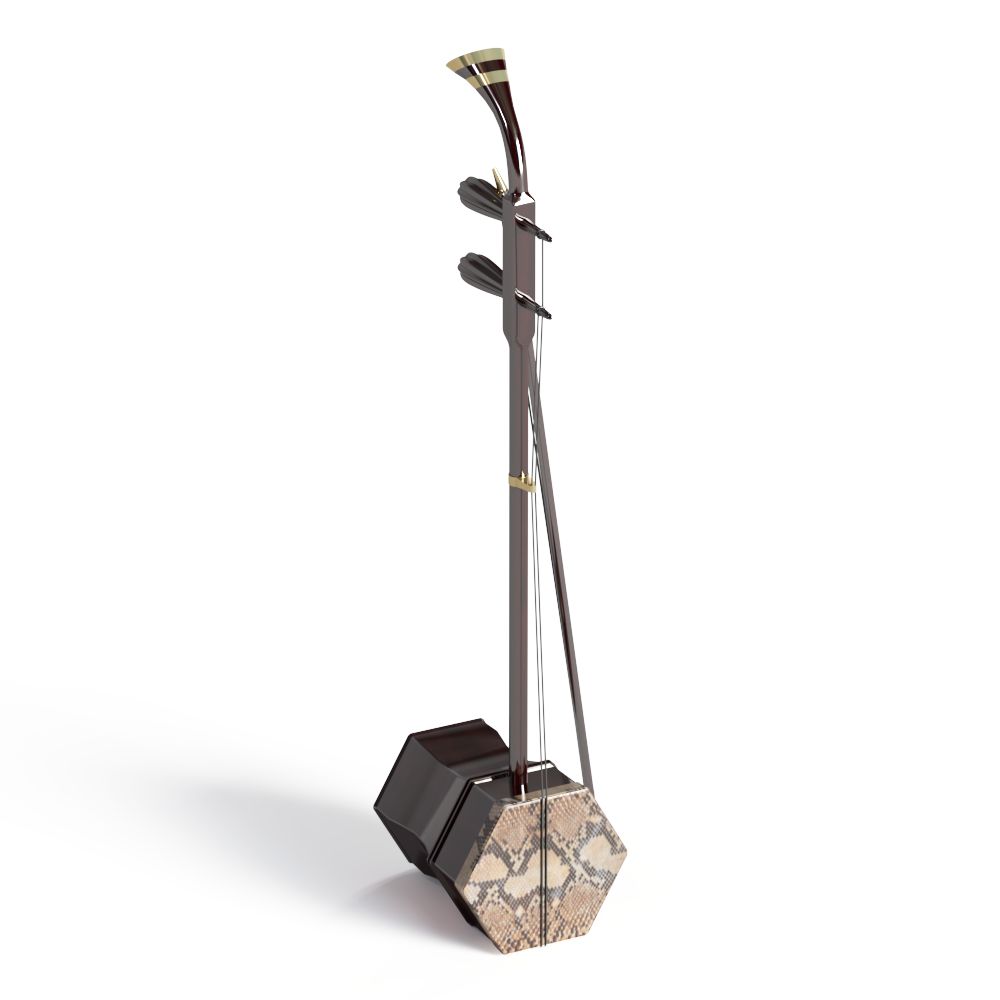Three ways to learn erhu efficiently
Beginners learn erhu, patience and stability are the basic conditions. Erhu skills should not be rushed, and good habits should be developed from the beginning. The sooner problems are solved, the better. Here are some effective ways to learn erhu for everyone to refer to.

1. Keep practicing
Like most technical behaviors, erhu also requires continuous and uninterrupted practice. After working hard for several months, it will be more or less familiar with hands after a few days. The longer it is played, the more unfamiliar the skills will be. wasted. It is best to keep practicing every day. If you want to have a solid foundation, the effect of practicing for two hours a day is definitely much better than not practicing for a week and practicing for 14 hours a day.
2. Step by step
Every time you learn a new etude or piece, especially if you are learning a quick technique or a difficult passage, you must start with slow practice. Gradually transition from conscious action to conditioned reflex proficiency, and gradually transition to the required speed with the improvement of proficiency and "automation" until the requirement is reached. Only in this way can we ensure the quality and grasp the new things more reliably, and it is not easy for problems to occur in the practice.
For example, if you are a beginner to fast bow, you can only have the energy to pay attention to the use of the wrist and arm, the coordination with the left hand, the pitch, rhythm, sound quality and other issues from the beginning of slow practice: gradually speed up the practice with the level of proficiency, until it reaches the desired level. speed requirements. Some people are eager to achieve success and try to be fast at the beginning, which often results in unnecessary tension in both hands and the above-mentioned problems. Even if they are reluctantly smooth, they lack self-control, it is difficult to change the speed, and it is easy to fall into chaos in the performance.
There is also a long piece of music that can be divided into subsections for practice, so there is no need to rush through the whole song quickly.
3. Focus on practice
Each time you learn a piece of music or an etude, you can take the method of repeated practice in sections, and focus on the difficult sections and difficult sections in each section. After reaching fluency and ease, practice other parts or practice in conjunction with other parts. After everything is in order, I will practice the whole song again and again. Beginners should not practice for too long each time. When they feel tired, they need to take a proper rest and then practice again.
In addition to scientific practice, there should also be perseverance and perseverance in learning. The practice process must be strictly required, and a sloppy attitude will never be able to learn well.
 渝公网安备 50010702504639号
渝公网安备 50010702504639号